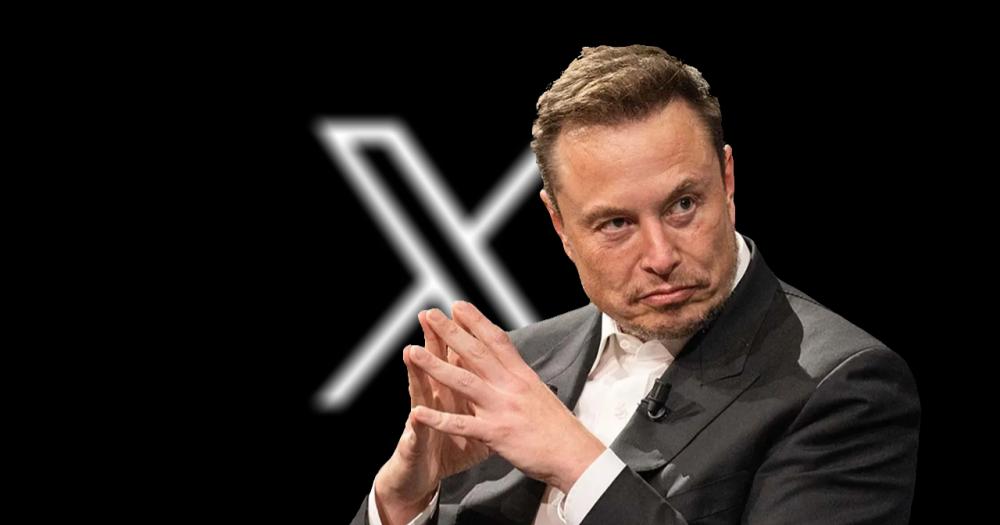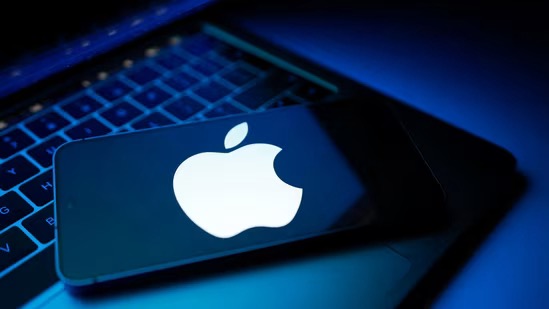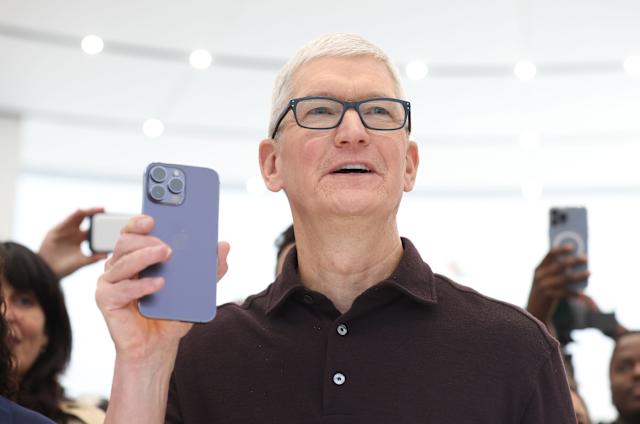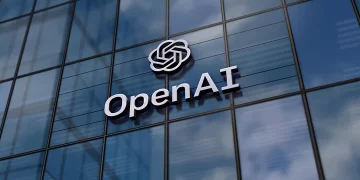Indonesia, one of Southeast Asia’s largest economies, has taken a firm stance on internet censorship, blocking access to Elon Musk’s X.com due to concerns over explicit adult content on the website. The move has sparked debates over freedom of information and internet regulation in the country.
The decision to block X.com, a website associated with the influential entrepreneur Elon Musk, came after growing concerns among Indonesian authorities about the presence of pornography and explicit materials on the platform. The Indonesian Ministry of Communication and Information Technology announced the ban, stating that it was necessary to uphold the nation’s moral values and protect its citizens, particularly minors, from potentially harmful content.

X.com, an online platform with diverse business interests ranging from digital payments to space exploration, became the center of controversy when it was discovered that the site contained sections that allowed users to upload explicit adult content. Indonesian authorities promptly initiated investigations and determined that the website violated the country’s stringent laws against the dissemination of pornography.
In response to the blockage, a spokesperson for the Indonesian government emphasized the importance of maintaining a clean and safe online environment for the nation’s internet users. They stated that the government’s actions were in line with Indonesia’s commitment to preserving traditional values and protecting its younger population from inappropriate content that could have adverse effects on their development.
Elon Musk, the founder and CEO of numerous tech companies, including SpaceX and Tesla, expressed his surprise at the government’s decision to block access to X.com in Indonesia. Through his Twitter account, Musk stated that he was unaware of the specific content issue on X.com and that his team was working to address the concerns raised by the Indonesian authorities.
This incident has reignited the ongoing debate about internet censorship in Indonesia. While some citizens support the government’s efforts to control access to explicit content, others are concerned that such actions might set a precedent for broader internet censorship, potentially limiting freedom of speech and access to information in the country.
Human rights activists and online freedom advocates have voiced their concerns over the blocking of X.com, emphasizing that such measures can be misused to control the flow of information and stifle dissenting voices. They argue that instead of blocking entire websites, authorities should focus on implementing more nuanced content filtering systems that can specifically target inappropriate materials while preserving access to legitimate content.
In the wake of the controversy, discussions are expected to intensify about the balance between internet freedom, consumer protection, and preserving cultural values. As the digital age continues to evolve, governments worldwide grapple with the challenge of regulating the internet while respecting fundamental rights and liberties.
As of now, access to X.com remains blocked in Indonesia, pending resolution of the content concerns raised by the authorities. The situation serves as a reminder of the complex interplay between technological advancements, cultural norms, and the responsibilities of governments to ensure a safe and conducive digital space for their citizens.












